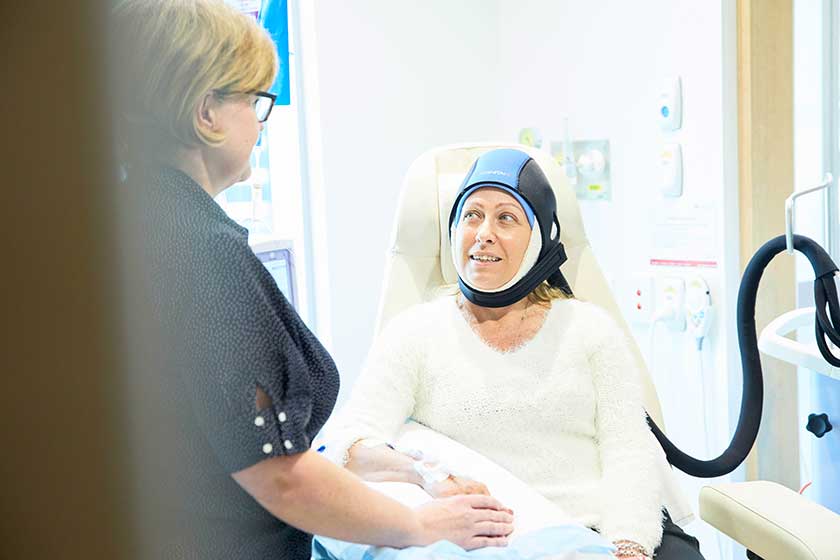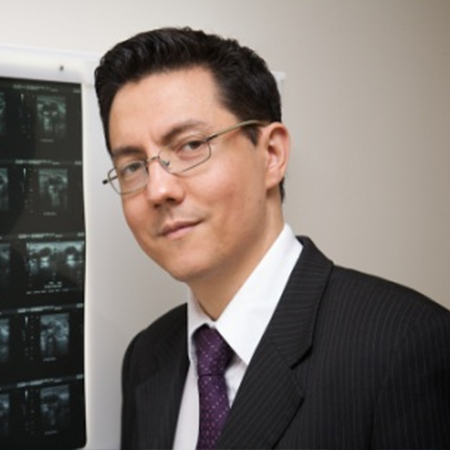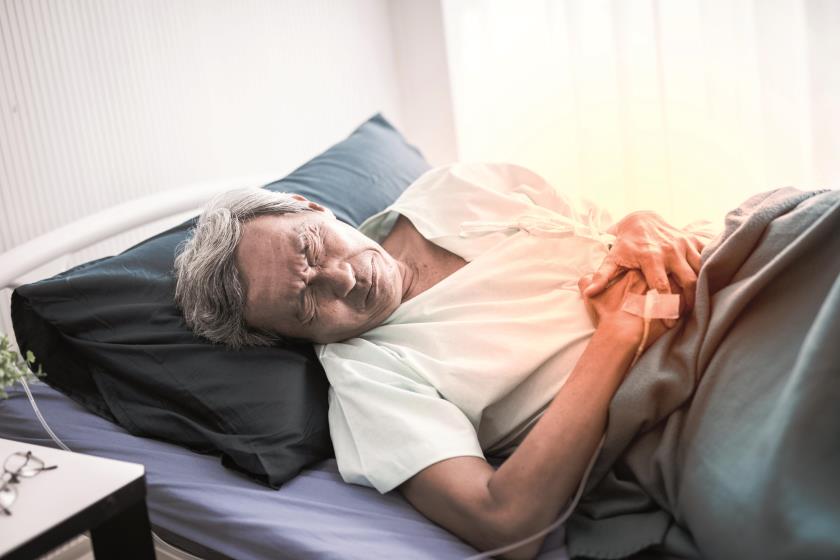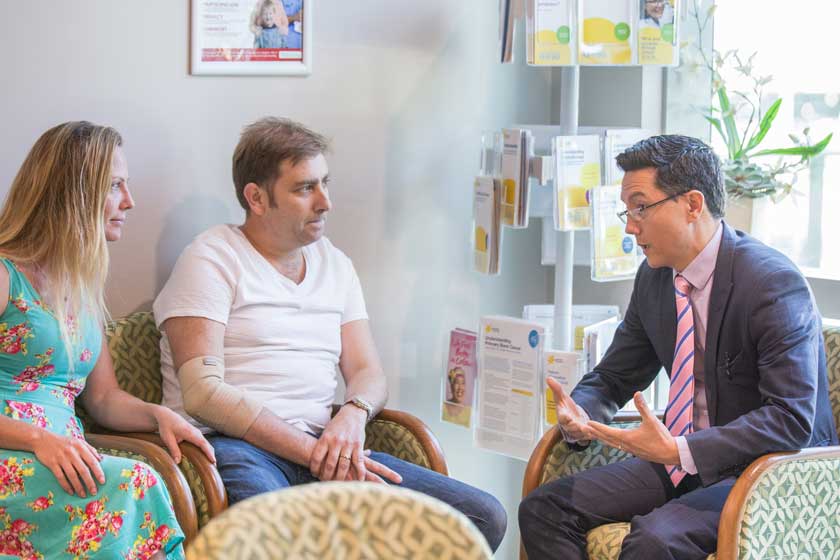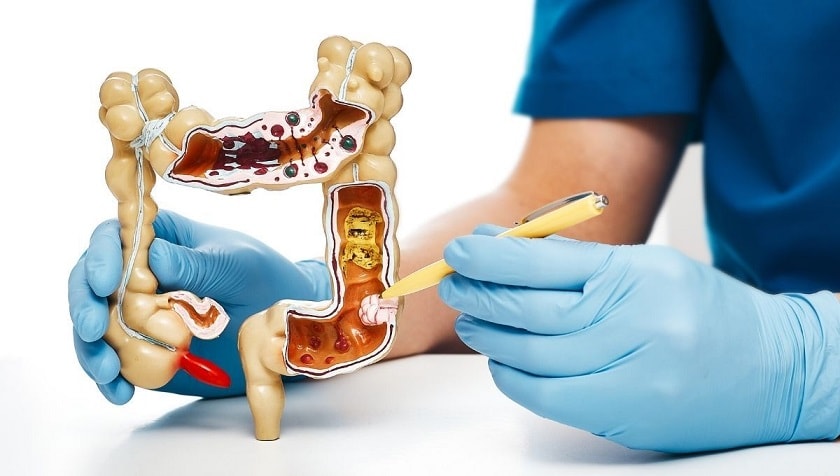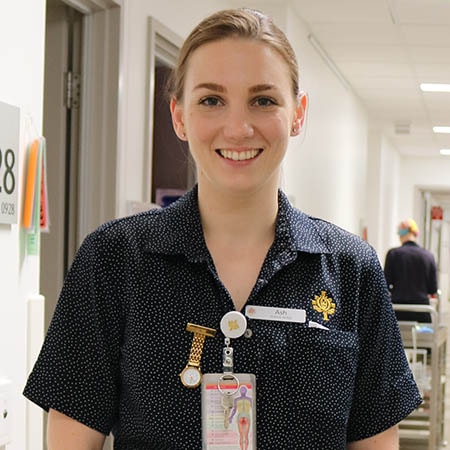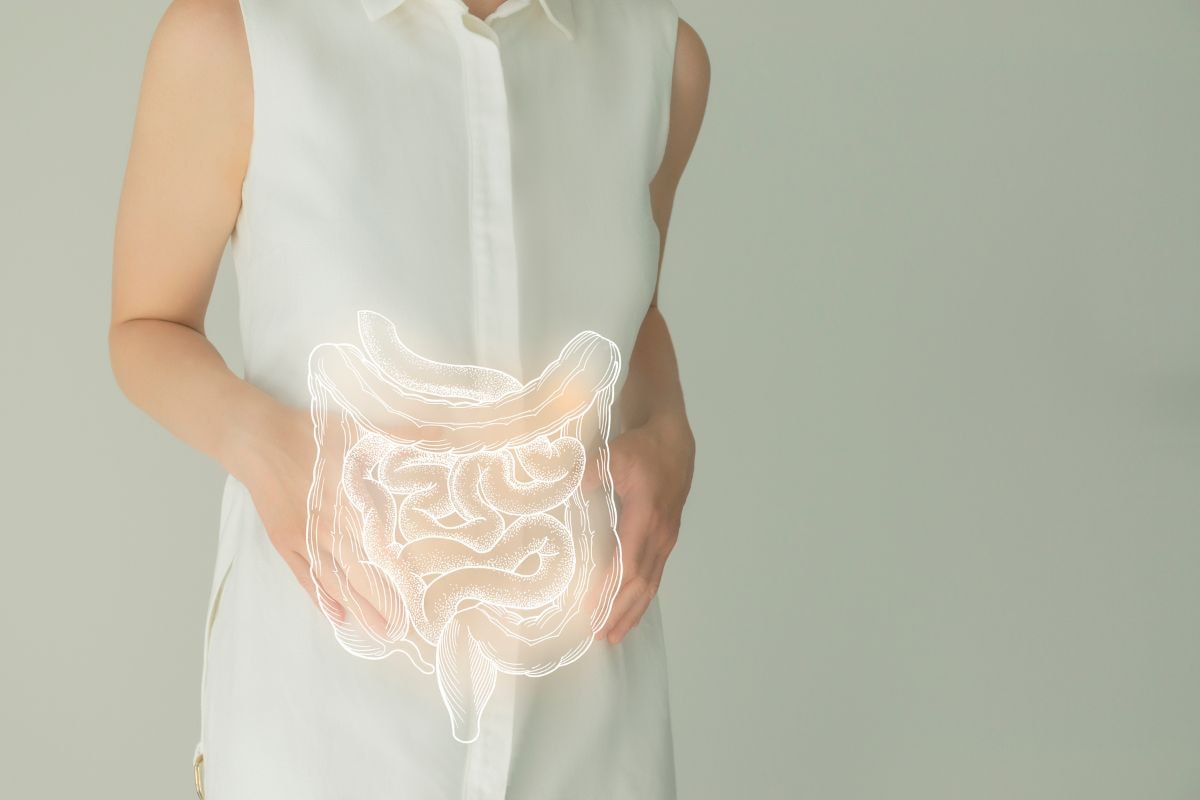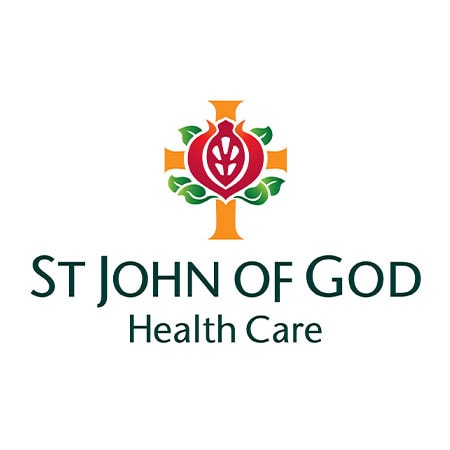Clinical trials give patients access to new types of treatment so that we can see if they are better than existing treatments.
Patients receive a high level of care and are monitored closely to gauge their reaction to a new drug, to surgery or radiotherapy.
We also investigate the emotional and physical side effects of both diagnosis and treatment.
Patients are commonly worried they will be ‘guinea pigs’ for unproven drugs, but all drugs are investigated thoroughly before they are given to patients.
Experimental drugs are studies against ‘standard of care’, which is care patients receive outside of a trial, and are stringently reviewed by an ethics committee and the hospital to ensure patient welfare.
Patients are free to leave the trial at any time, but we find most feel motivated to help researchers develop new cancer treatments that will help others in the future.
You can find out more about our clinical trials at the Murdoch Oncology Clinical Trials Unit.
About the St John of God Murdoch Hospital Oncology Clinical Trials Unit
- Opened in 2012
- Caregiver team includes three clinical trials co-ordinators, a research nurse and medical administrator
- Currently conducting 23 clinical trials
- Top recruiting site in Australia for the CHECKMATE 649 gastric cancer trial, and ASCENT colon cancer trial
- Third highest recruiting site globally for the ARTIST pancreatic cancer trial
- First site in WA to run an access program for melanoma patients to access Nivolumab, the latest and, to date, most effective immune therapy

